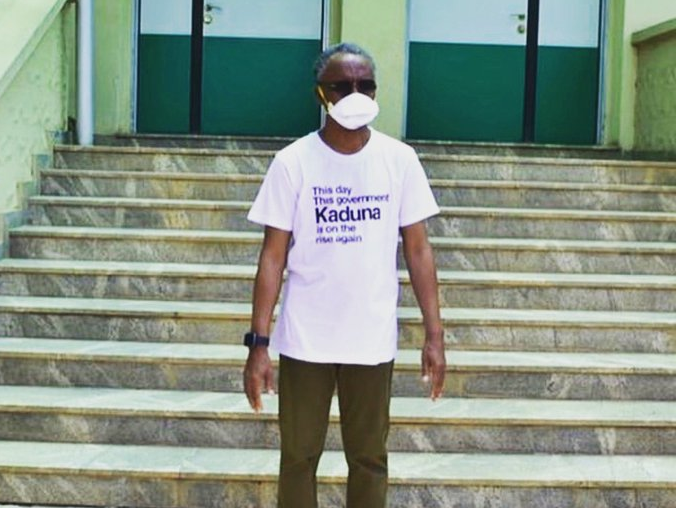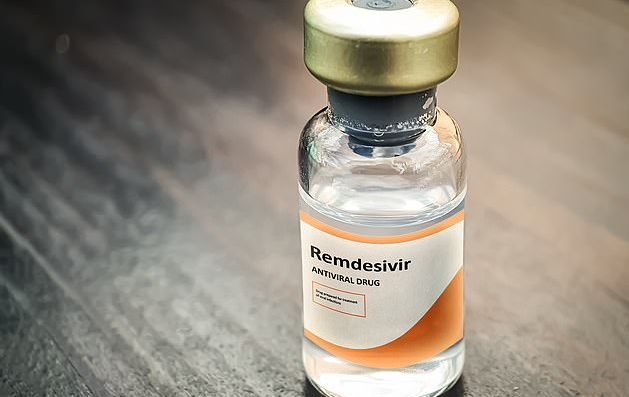Olufemi Oladunni, the executive director of the Agricultural and Rural Management Training Institute (ARMTI), says the national food production would be increased if citizens cultivate home gardens.
In a chat with journalists, Oladunni proffered solutions on ways to help farmers and improve national food production.
Question: One of the realizations from this COVID-19 pandemic is that global demand for crude oil may never be as high as we used to know ever again (especially with biofuel solutions, electric cars and solar-powered machinery worldwide) how true is this?
Answer: Just before I answer this very important question, please, permit me to commend the current administration (both at the federal and state government levels) for the responsive and pragmatic way they have hitherto managed the current pandemic. COVID-19 is a highly infectious and deadly disease that requires pro-active and painful sacrificial steps to curtail its spread. But for the various measures and steps taken by our leaders so far, we would have experienced an astronomic spike in the number of infections and deaths. My heart goes out to those who are already infected and are being treated as well as those who have lost loved ones to the pandemic. May God grant the sick quick recovery; and the bereaved families, fortitude to bear the irreparable loss.
Now to your question, it is very true, this pandemic that has literally grounded the global economy; has reduced the need and demand for fossil fuel to an all-time low level and consequently, the free fall in the price of crude oil. Reacting to this development, major oil-producing countries have reduced production levels hoping that the subsequent scarcity of the product will result in a significant increase in price. While that sounds logical, the fact that more and more countries are discovering crude oil in commercial quantity and are exploiting same for economic gains should not be jettisoned as this indicates that the supply basket is growing (perhaps, at a rate faster than the global demand for the product); and that implies a negative impact on the price of the product.
Moreover, even before the current pandemic, the world has begun to shift attention from fossil fuel to cleaner, renewable and more climate-friendly sources of energy. Some cities and countries (especially, in Europe) for instance, have already placed a deadline on the use of diesel and petrol-powered vehicles before now. Without being pessimistic, therefore, one should not expect that the global demand for crude oil will recover; and remain high for a very long time (even if it recovers).
Advertisement
Question: What does this imply for a nation like Nigeria?
Answer: For a nation like Nigeria which depends so much on earnings from the sale of crude oil, therefore, this implies dwindling national revenue which will result in poor funding of key sectors of the economy e.g. agriculture, health, education, infrastructure, etc. and consequently, lead to more deplorable conditions in the livelihood of citizens. This means that there is an urgent need for Nigeria, more than ever, to diversify its economy to alternative sectors where we have comparative advantage particularly, agriculture which has been the mainstay of our economy even before the discovery of oil.
Question: How can Nigeria best address the negative impacts of this COVID-19 pandemic which include a drastic decline in national revenue and a resultant shortfall in GDP, food insecurity, inflation, among others?
Advertisement
Answer: The adverse effect of this pandemic on Nigeria’s economy can be mitigated by
- Boosting local production by, among other things, encouraging the consumption of locally produced goods through taxes and tariffs
- Diversifying the nation’s economy from oil into other sectors such as agriculture, manufacturing, solid minerals, etc
- Fixing the nation’s power sector
- Export of processed (finished) products instead of raw/ crude products.
Question: While the whole world has turned its focus on containing the pandemic, global trade has shut down, this means farmers would not have access to fertilizers, pesticides and other farm inputs, how can the government help this situation?
Answer: First, we should commend the government for exempting agricultural practitioners and every other stakeholder in the agricultural sector from the lockdown. Agencies such as ARMTI, National Seed Council and other establishments that serve the agricultural sector are up and running and available for farmers and other stakeholders to access for the essential services that provide.
In addition, the government has set-up fertilizer blending plants in-country to ease access to the very important farm input.
Advertisement
Moreover, ARMTI is advocating wider adoption of organic agriculture, the inputs for which are cheap and can be easily sourced around us. The practice improves the soil structure and produces healthy food for human consumption.
Question: As the federal government gives out its combating COVID-19 protocols including social distancing and lockdown policies, what steps can they take to ensure the agric sector would not be fatally hampered?
Answer: Naturally, agricultural activities obey social distancing principle.
In addition, the government has categorized agricultural activities as an essential service. These should be allowed to go on despite the current lockdown but, with strict adherence to the safety principles of handwashing, social distancing and use of personal protective wear such as face mask, hand gloves, etc.
Advertisement
The only aspect that requires help at this time is marketing.
Farmers and stakeholders in the agricultural commodity value chain need to request for help on storage from government agencies such as National Stored Products Research Institute (NSPRI).
Advertisement
Moreover, now is the time for agricultural practitioners to explore the innovation that social media provides for the marketing of their produce. Thankfully, transportation of food products has also been exempted from the lockdown.
Question: Would you say that famine and gross inflation /recession awaits Nigeria post COVID-19 or not?
Advertisement
Answer: Not necessarily, the pro-active strategies and interventions that the government is taking will help to minimize the impact and salvage the situation.
Question: What general advice would you give Nigeria citizens and homes to enhance food security for homesteads and communities next year?
Advertisement
Answer: Citizens should obey the FG’s protocol on COVID-19 and take responsibility in containing this virus. Encourage actors in the nation’s agricultural commodity value chain by consuming locally produced agricultural products. Do your part in increasing food production in the country; cultivate a farm, a garden; no matter how small.
Agricultural activities must not stop. Pandemic or not, feeding goes on and agriculture is that sector that if fully exploited, has the capacity not only to feed the nation but, also become the mainstay of its economy.







